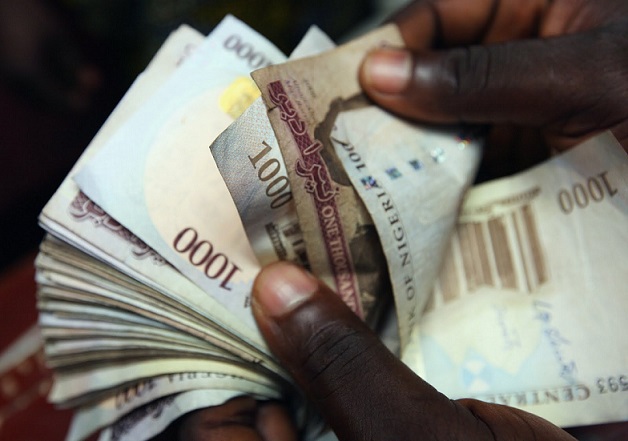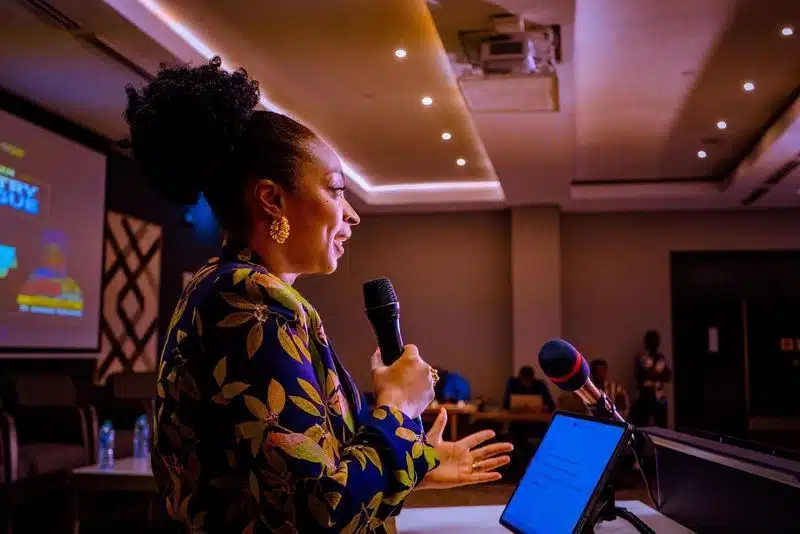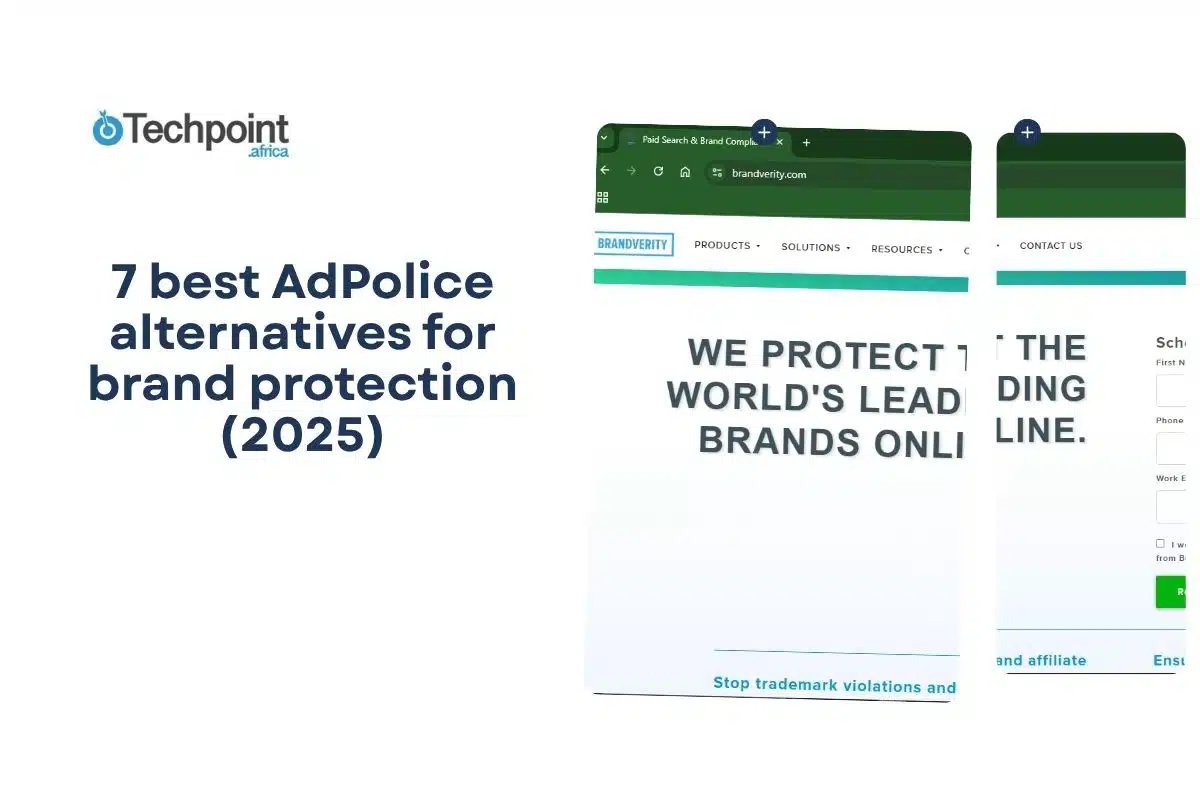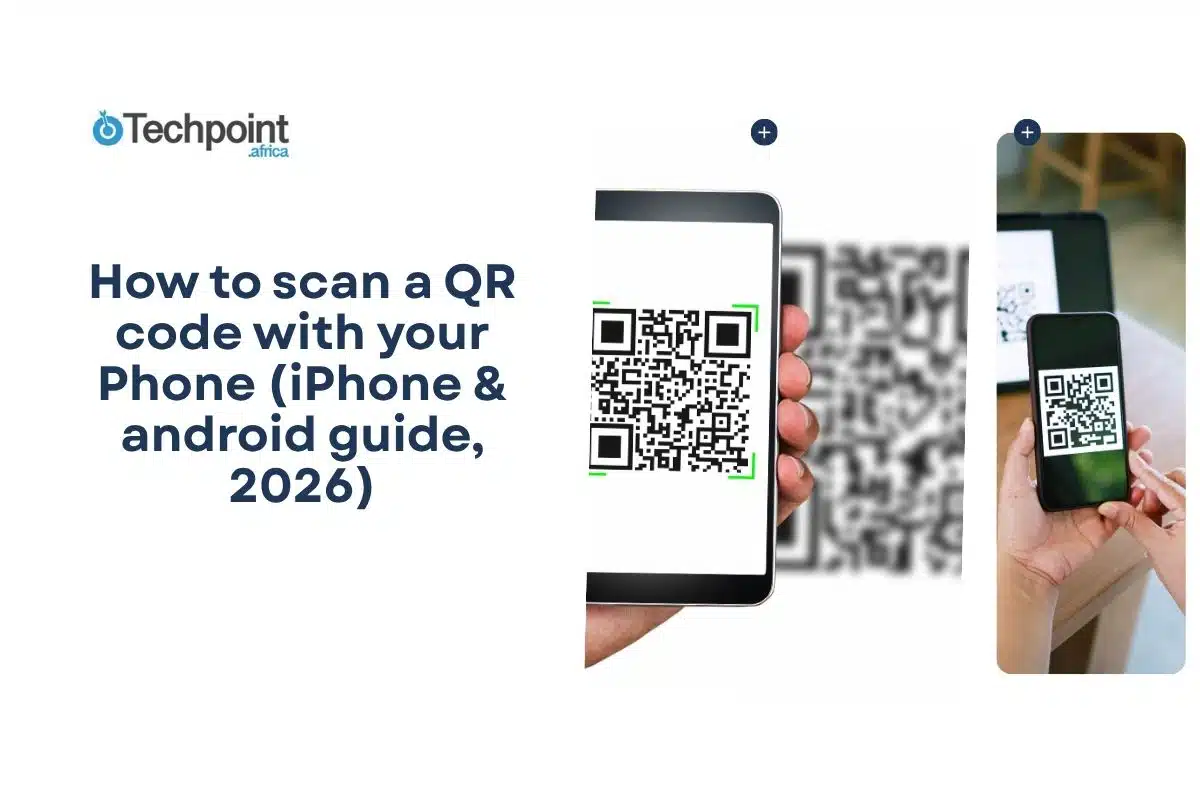Thanks to Asian companies like Transsion Holdings making pocket-friendly devices, smartphones in Nigeria, and a large part of Africa, have gotten progressively cheaper over the years.
According to the Jumia Mobile Report 2019 (pdf), smartphone prices went from $216 (₦77,867) in 2014 to $117 in 2016(₦63,807), and $95 (₦34,246) in 2018. And it even gets cheaper.
In Computer Village in Ikeja, Lagos, a buyer can get a brand new budget smartphone for as low as ₦15,000($42) and pay around ₦6,000($17) for a fairly used one.
Regardless of this downward price slide, a shockingly large number of Nigerians still do not own smartphones.
As at September 2018, with a population of over 200 million, there were around 25 million smartphone users in Nigeria. This number is from Newzoo’s Global Mobile Market Report and also corresponds with Mobility Arena’s assessment of a Q4 2017 Asoko Insight Report.
This figure represents 12.5% of the total population and means the rest 87.5% — or 175 million people — do not own smartphones.
These numbers also point to the fact that price is not a major solution to increasing smartphone penetration in Nigeria.
Why smartphone penetration has to increase
As the world is steady technologically advancing, smartphones are becoming the most convenient platforms.
This means that a low smartphone penetration can greatly inhibit the growth of technological products and innovations.

Victoria Fakiya – Senior Writer
Techpoint Digest
Stop struggling to find your tech career path
Discover in-demand tech skills and build a standout portfolio in this FREE 5-day email course
Speaking on the matter, Head, Products, Portfolio & Enterprise Sales at SOLO Phone, Babatunde Onilunde said;
“Banks have realised they cannot open enough branches and have to go digital. And to effectively do this, their customers must have smartphones.”
True to Onilude’s word, Access Bank of Nigeria has a smartphone financing option that lets customers pay monthly from their salary accounts with the bank.
Also, with China and Kenya as feasible examples, an improved smartphone penetration will disrupt the financial sector in Nigeria and improve financial inclusion.
Suggested Read: Social media as the first feasible point of contact for financial services in Africa
Nigerians need smartphones, but cannot afford the cheapest ones.
First of all, Nigerians are poor
Nigeria has witnessed economic growth over the years. According to the United Nations;
“Between 2006 and 2016, Nigeria’s gross domestic product (GDP) grew at an average rate of 5.7% per year, as volatile oil prices drove growth to a high of 8% in 2006 and to a low of -1.5% in 2016.”
But regardless of this growth, Nigeria still has the highest number of people living in extreme poverty. According to a study, more than 100 million Nigerians currently live under $1.90(₦684) a day.
This means that no matter how seemingly cheap, paying even ₦6,000($17) for a smartphone is still a big deal for a large number of the populace.
What Nigerians need to drive smartphone penetration are plans that lets buyers finance phones over a long period of time.
“Pay small small”
In June 2017, a Nigeria-based OEM, SOLO Phone released the SOLO Aspire M. The smartphone became Nigeria’s first and only contract phone till date.
Back in a 2015 interview with Techpoint, co-founder and CEO of SOLO, Tayo Ogundipe said SOLO is a company that is “about the experience.”
Suggested Read: SOLO Aspire M: The journey to building Nigeria’s first contract phone
And the Aspire M was a product that ushered in a new experience for Nigerian users. Users were allowed to pay ₦4,150 ($11.5) monthly for 12 months and they eventually own the phones.
The Aspire M was a budget smartphone and even though specs on it were low, Nigerians needed smartphone financing and so they rushed it.
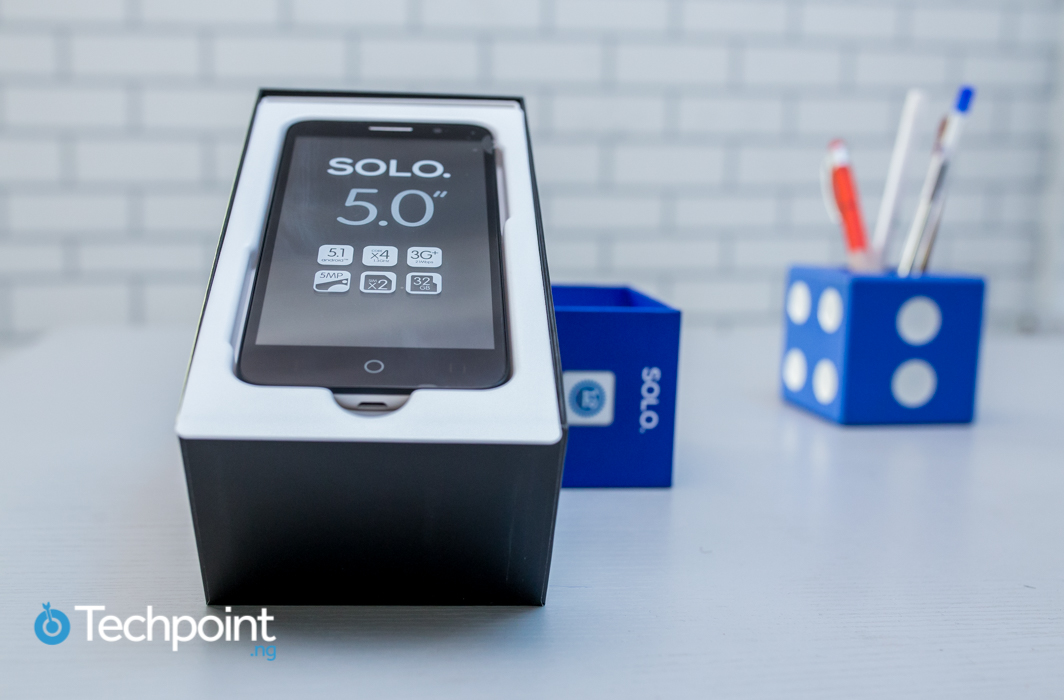
In a telephone conversation with Techpoint, Babatunde Onilude of SOLO phone said the Aspire M was an experiment that proved Nigerians want value and at a good rate.
“The phone launched in just 20 centres in 6 cities, but at the peak of the project we were getting over 600 applications every day. It showed that contract smartphones are needed in Nigeria and will work,” he said.
As an experiment, Onilude said the Aspire M was discontinued last month. But SOLO plans to partner all the other major telcos in Nigeria to deliver contract smartphones in the nearest future.
Between a one time and gradual payment, when asked a preferred option to upgrade his feature phone to a smartphone, Chidiebere, a 26-year-old Lagos-based apprentice trader picked the latter.
“I go like to pay small small,” he shouted excitedly.
Going by economic statistics and current smartphone penetration numbers, a lot of Nigerians would like that too. Nigeria needs more contract phones.



